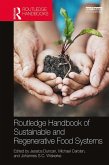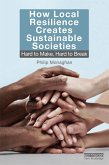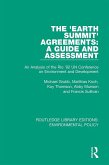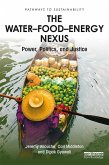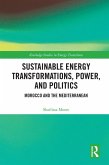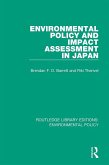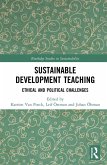Interest in assessing food system sustainability is growing, as evidenced by the Milan Urban Food Policy Pact and the importance food systems initiatives have taken in serving as a lever for attaining the UN Sustainable Development Goals. This book opens by looking at the conceptual considerations of food systems indicators, including the place-based dimensions of food systems indicators and how measurements are implicated in sense-making and visioning processes. Chapters in the second part cover operationalizing metrics, including the development of food systems indicator frameworks, degrees of indicator complexities, and practical constraints to assessment. The final part focuses on the outcomes of assessment projects, including impacts on food policy and communities involved, highlighting the importance of building connections between sustainable food systems initiatives.
The global coverage and multi-scalar perspectives, including both conceptual and practical aspects, make this a key resource for academics and practitioners across planning, geography, urban studies, food studies, and research methods. It will also be of interest to government officials and those working within NGOs.
The Open Access version of this book, available at https://www.routledge.com/Sustainable-Food-System-Assessment-Lessons-from-Global-Practice/Blay-Palmer-Conare-Meter-Battista-Johnston/p/book/9781032083933, has been made available under a Creative Commons Attribution-Non Commercial-No Derivatives 4.0 license.
Dieser Download kann aus rechtlichen Gründen nur mit Rechnungsadresse in A, B, BG, CY, CZ, D, DK, EW, E, FIN, F, GR, HR, H, IRL, I, LT, L, LR, M, NL, PL, P, R, S, SLO, SK ausgeliefert werden.



